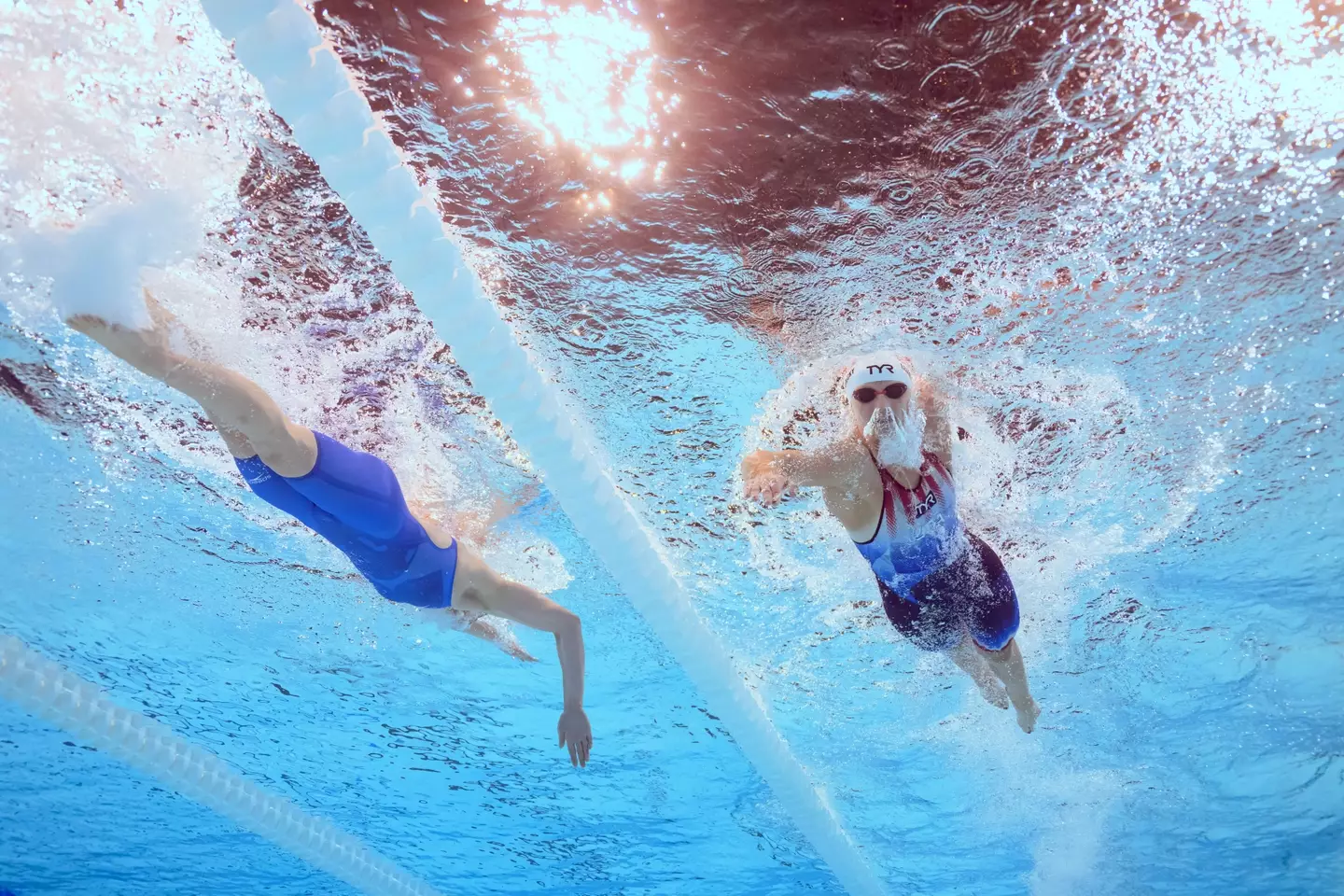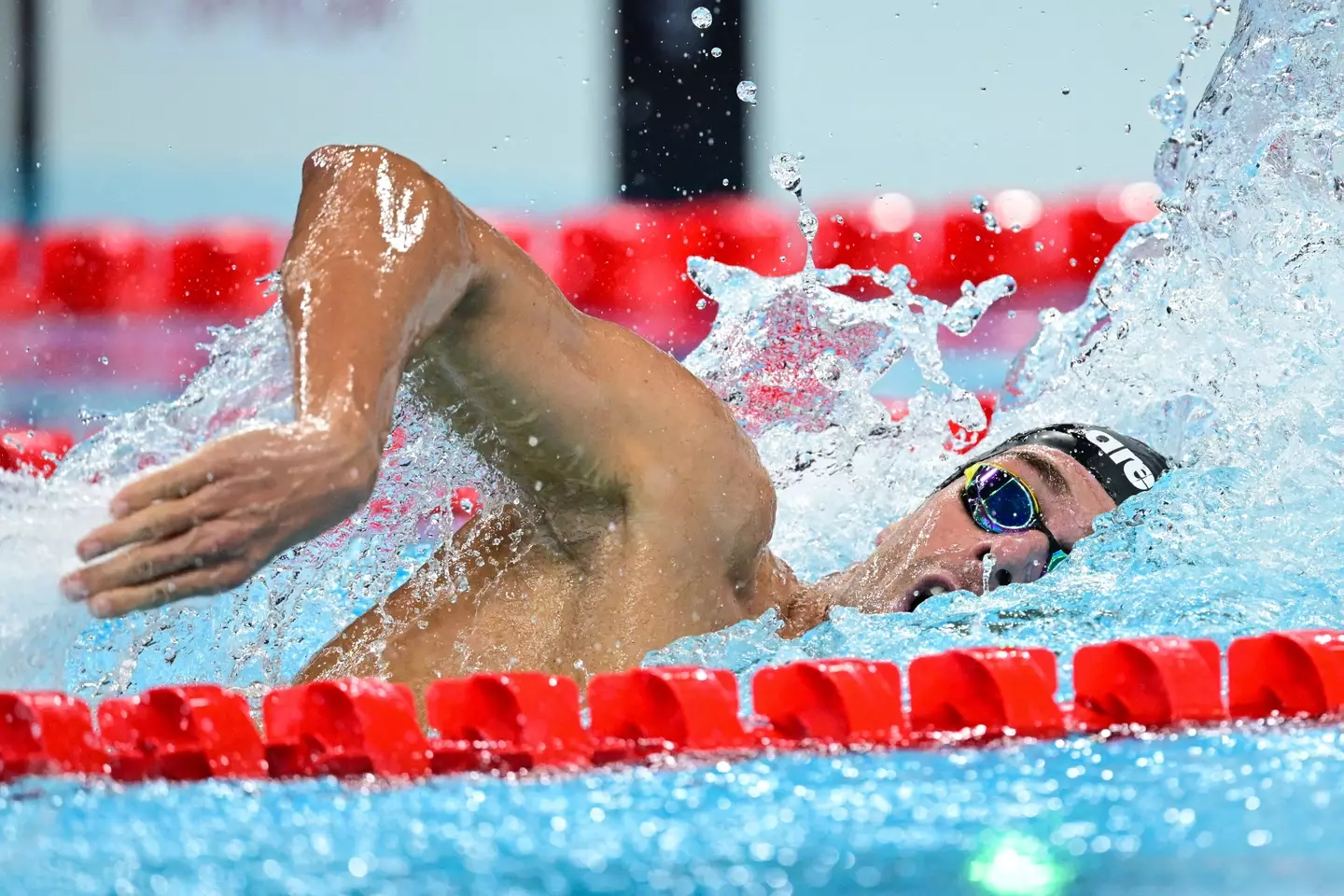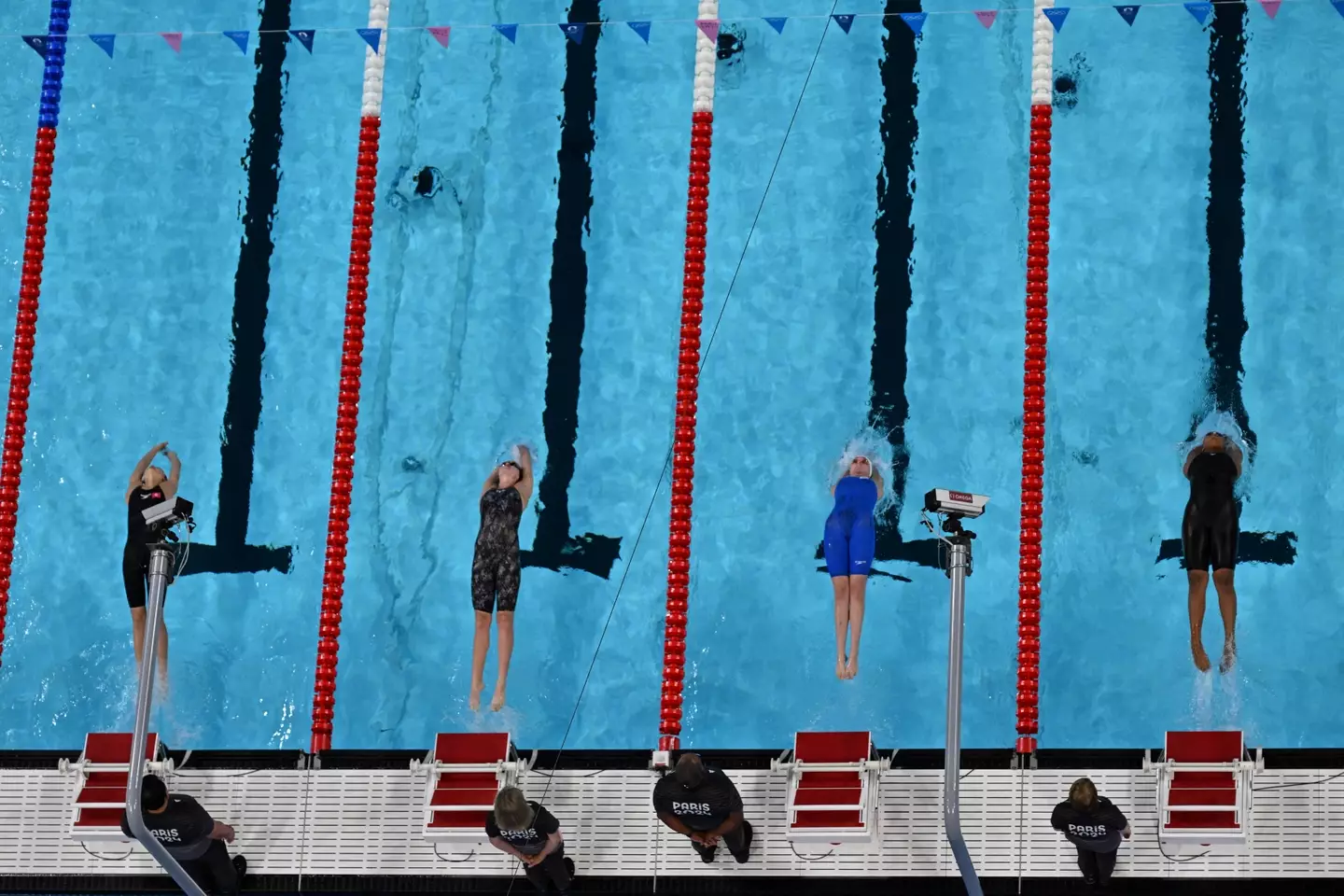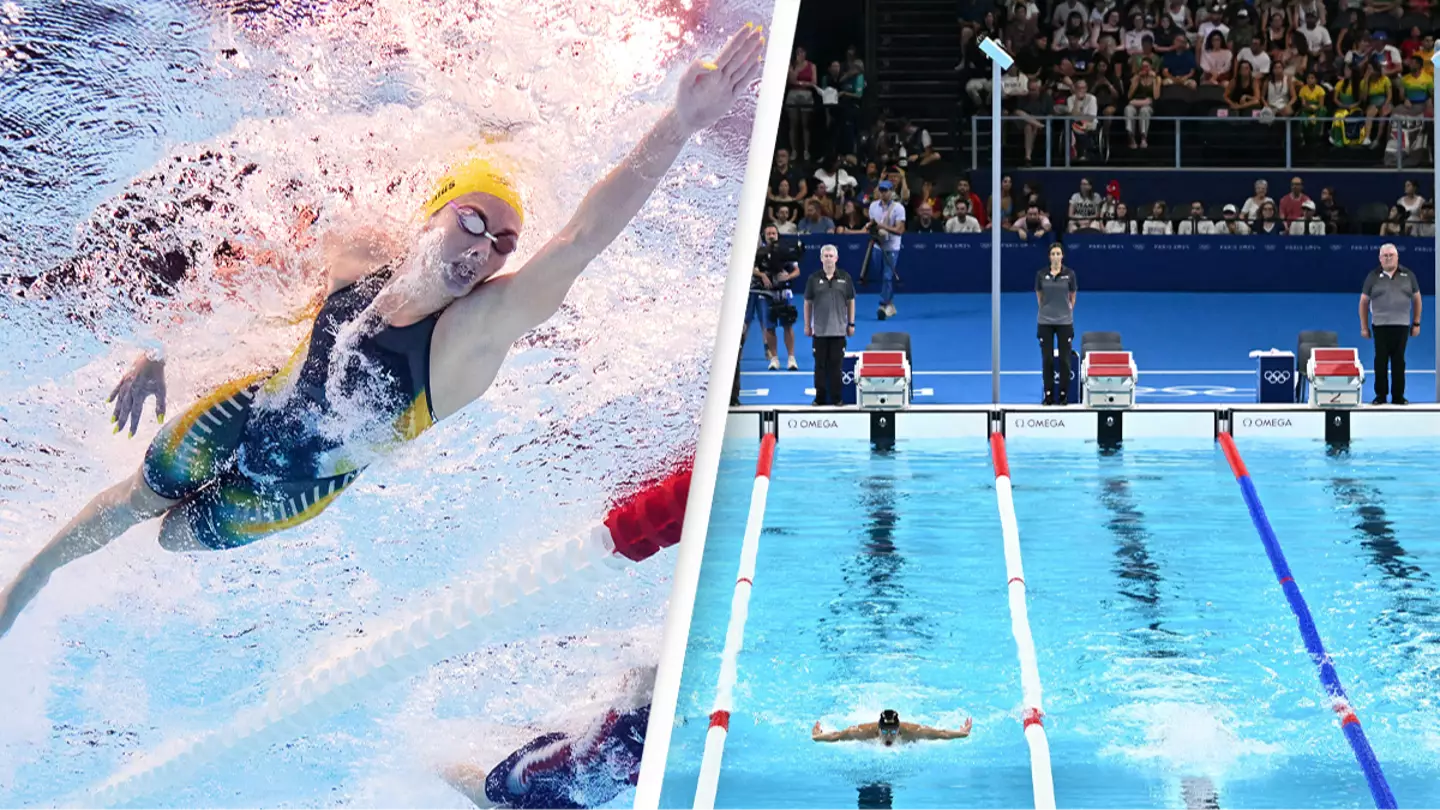As the Paris 2024 Olympics proceeds, no swimmer has managed to set a new world record, and there’s a plausible explanation for this phenomenon.
The Paris 2024 Olympics, which started on 26 July, has showcased the world’s finest swimmers at La Defense Arena. However, despite the high level of competition, no world records have been broken.
Australian swimmer Kyle Chalmers commented: “It has to be a slow pool.” But what exactly does that imply?
In essence, shallower pools tend to create more waves, which translates to increased resistance for swimmers, making it harder for them to move efficiently through the water.
Mark Foster, a former British Olympian, told BBC Sport: “When you swim you create waves underwater and they go down to the bottom, bounce back and hit you. The more water there is the less disturbance.”
Therefore, deeper pools generate fewer waves, allowing for a smoother race. The question then is, how much shallower is the Paris Olympics pool compared to other international pools?

World Aquatics advises that all Olympic pools should have a depth of 2.5 meters (8.2 feet).
Most international competitions use pools measuring approximately three meters deep (9.8 feet).
However, the pool at Paris La Defense Arena is only 2.15 meters deep (7.5 feet).
This discrepancy has led conspiracy theorists to propose various reasons why the Paris Olympics pool might have been intentionally designed to be ‘slow’.

One theorist speculated: “What if President Macron and [2008 French swimmer] Alain Bernard are still so p*ssed about the 2008 relay that they built a two metre pool instead of a three metre because they know American swimmers rely more heavily on underwaters due to short-course yards.
“I think it’s an inside job to a level the playing field by taking away the US Team’s biggest advantage.”

Roberto Colletto, CEO of Myrtha Pools, the Italian company that built the Paris La Defense Arena’s pool, stated to French broadcaster RMC Sport: “I know that people talk about the fact that if the pool is deeper, the performances are better.
“But … on the technical side, there is no problem with the pool.”
Jacob Whittle, a freestyle swimmer for Team GB, told the Sun that it’s ‘nothing [swimmers] can’t deal with’ and compared it to ‘a bit like swimming in the sea but not to that extent’.
“It’s just like the 0.1 of a second, but it’s just something mentally that you have to deal with,” he added.
Matt Richards, a silver medallist for Team GB, told BBC Sport he actually ‘quite like[s] it being a bit shallower’ as it helps prevent him from ‘messing up’ when transitioning from his underwater stroke to regular stroke.
All swimmers are competing in the same pool, so while record-breaking times may be elusive, a ‘slow swimming pool’ does not reduce their chances of outperforming their rivals and winning medals.
Richards reiterated: “It’s the Olympic Games. It’s rare you see really, really fast swimming. Often it’s about the racing. No-one cares about times at the Olympics. It’s about where you come on the podium. I don’t care about the times. I am here for placement.”

